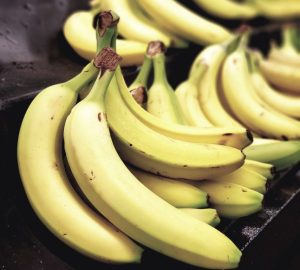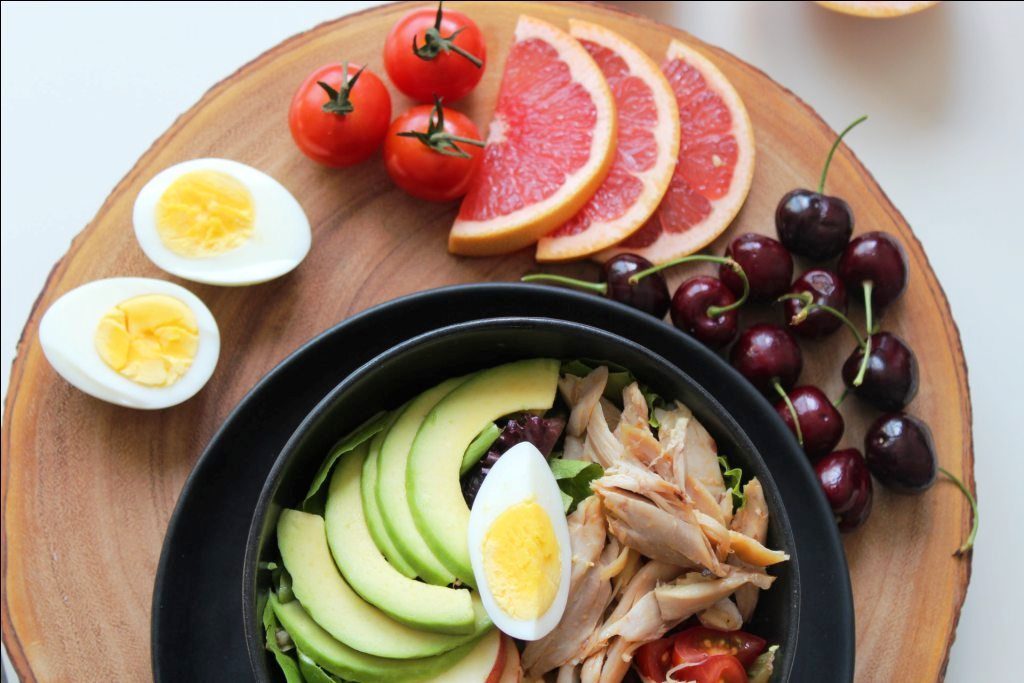Are you struggling hard to lose weight, doing intermittent fasting, following your friend, sister or aunt’s diet chart but of no luck? Maybe you are causing yourself more harm than good! On National Nutrition Week, (September 1-7), Integrative Nutritionist and Holistic Health Coach from Mumbai, Karishma Shah talks to The CSR Journal, highlighting the importance of nutritious food for our body, how to lose weight in a healthy manner and how we can naturally restore the level of vitamin D which has drastically gone down during the pandemic for most of us.
Covid-19 pandemic, lockdown and weight gain
Opening up on the same, Karishma told The CSR Journal, “During the pandemic and even after that, I’ve been getting a lot of clients who tell us that they gained a lot of weight and have tried everything under the sun like soup-based diet, juice-based diet, fruit diet, Ayurvedic kadha but nothing worked. They have kind of given up hope and feel helpless. After that, I tried getting the whole thing back into action, giving that kind of education to them, making them follow a proper regime of sustainable, healthy plan and actually making them eat.”

“This is because people think because they’ve been sitting at home the entire day during the pandemic, no walking or traveling, so if they stop eating or eat only one meal during the day, automatically, their weight will go down. But, unfortunately, that is not true. This is because there are a lot of factors which influence our overall metabolism rate,” she added.

Cutting down on food won’t reduce your weight
A common perception is that, if I stop eating or eat very less, my weight will automatically go down. Forget losing weight, the nutritionist explains the kind of harm this actually causes to our body. The nutritionist said, “First and foremost, our hormones play a very important part in the way our body metabolises the energy. Insulin and cortisol are two very big hormones which play a crucial role in this. A little fluctuation in these two hormones can either increase your weight a lot or a rapid decrease in weight which leads to several health problems. The second factor influencing our metabolism rate is our digestive fire or Agni. It is also called Gut health. In recent times there has been a lot of conversation around this. Your body has a natural way of processing and digesting food, thus giving you energy. If you stop giving your body that required fuel, this causes more harm than good.”
“A lot of people fast for various reasons on several occasions like Ekadashi, Navaratri, Shravan etc. That’s perfectly fine. But coming to a daily basis, for your overall gut health, playing around with insulin or cortisol, by random dietary restrictions like ‘I am hungry but I will not eat now’, or ‘I will have just one roti in the entire day’ can be risky,” the diet expert warned.

How intermittent fasting harms our body
“Women suffer the most from this, which leads to problems like PCOS (Polycystic ovary syndrome) and thyroid. Women in their peri menopausal stage experience weight gain, skin problems, hair problems, mood swings etc.,” said Karishma. She explained, “There is a common perception that if we stop eating, we will lose weight and the most common practice is intermittent fasting. But it doesn’t work like that. Medically, as women, our hormones like estrogen and progesterone these work closely with insulin and cortisol. So, if we start becoming hypoglycemic, which happens with intermittent fasting of 18 hours, in that little window of 4-5 hours if you eat a lot of things, your insulin level suddenly shoots up and from hypoglycemia, your body goes into hyperglycemia. The body can’t understand these things and you are shocking it again and again.”
Eat small nutritious meals throughout the day
“It is important to manage your insulin levels throughout the day by having small nutritious meals at regular intervals and drinking adequate water. That is when your body will give you the desired results. If you don’t give your body the right kind of nutrition on time, then it goes into a starvation mode and starts storing the food, leading to water retention, bloating, inflammation and other digestive problems. This is when your body refuses to let go of the stored fat because the immune system feels it is under threat. Everybody needs to understand that you can’t keep playing with your bodily functions like this,” suggested the nutritionist.
Eat high-fiber food
Often people, who suddenly restrict their food consumption, experience problems like constipation which can lead to severe conditions like piles. Quizzed on the same, Karishma replied, “Talking about gut health, so many clients come to me saying they have tried things like keto diet, detox or intermittent fasting and are now facing digestive issues, especially chronic constipation. This is very obvious because you did not fuel your digestive fire. Very few people get good benefits from fasting, it doesn’t work for most people. To avoid constipation, it is very important to include fiber-rich foods in our daily diet.”

Customised diet plan
A common mistake which we make is blindly following others’ diet plans. For example, I want to eat what my elder sister or aunt is eating because she lost 5 kilos by following that diet. But why should we never do that? “This is because your body, your personality, your temperament, your daily routine, your overall lifestyle is different from that person. So his or her diet plan may not have any impact on you. What I keep telling people is that you have to eat as per your personality and lifestyle. For instance, a person who is not a habitual early riser, I cannot suggest them to wake up at 5 am and eat,” she explained.

Role of mental health
A person’s temperament should also be kept in mind while planning their diet, feels Karishma. “So many young adults come to us with temper issues. They are very hyper by nature. In an attempt to make them lose weight, their parents cut down on their food leaving their child hangry. You need to give this person food according to his or temperament and personality, what makes them comfortable at the same time taking care of their nutrition intake. So, I feel, instead of experimenting with your child’s diet, it is better to consult an expert. Focusing on mental health is the need of the hour and you just can’t ignore that,” she emphasized.
Battling Vitamin D deficiency
Lack of exposure to sunlight during the pandemic, especially lockdown has led to Vitamin D deficiency in most of our bodies. How to battle this? “At least 90 percent of the people coming to me in recent times suffer from a massive vitamin D deficiency. Vitamin D is almost as important as the hormones in our body. People shy away from taking supplements but if that helps boost your vitamin D, please have it, especially if the level is very low in your body. Having said that, you can always source the same from food. For non-vegetarian people, vitamin D is present in eggs and different kinds of meat. Vegetarians can get it from milk and milk products like cheese and paneer; vegans can get it from mushroom, you can also get it from green leafy vegetables. Also, what you must remember is that there should enough calcium in your body to metabolise the vitamin D and vitamin B12,” Karishma suggested.




